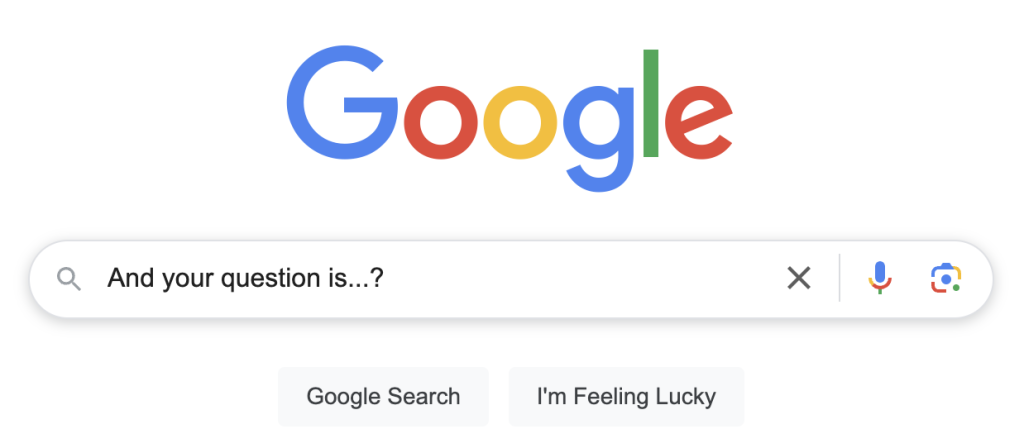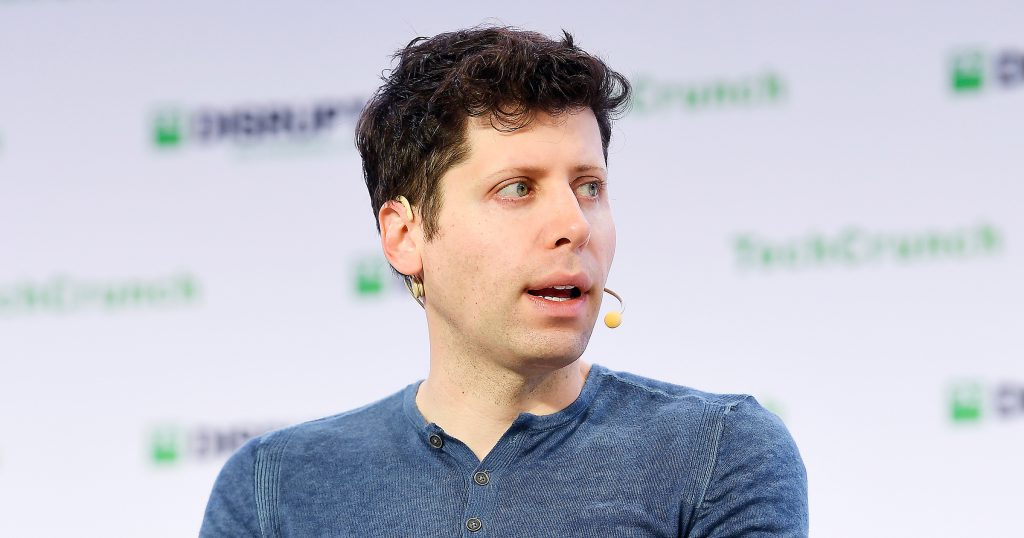Disclaimer: Unless otherwise stated, opinions expressed below belong solely to the author.
Speaking on Adam Grant’s podcast earlier in January, OpenAI CEO Sam Altman made another prediction about the future of work in the age of artificial intelligence (AI), remarking that his children will never outsmart AI (but that will be the reality for everybody).
Coming generations won’t know the world without AI, and all of us will have to adapt to it in one way or another:
My kid is never gonna grow up being smarter than AI. […] And that’ll be natural. And of course it’s smarter than us. Of course, it can do things we can’t, but also who really cares? I think it’s only weird for us in this one transition time.
Sam Altman
So, how will we adapt? What skill will help us stay relevant in the age of AI?
When suggested by Grant that agility rather than ability will play a bigger role, Altman observed that ability will still be valued—not our intellectual processing power, which will never match AI, but rather, our ability to set the right direction for the AI tools at our disposal:
Figuring out what questions to ask will be more important than figuring out the answer.
Sam Altman
While it sounds simple, it may cause problems for most people, especially those whose current jobs are the first to be disrupted by AI tools.
Google on steroids
Here’s why Altman’s remark about the ability to ask questions is so accurate—we already have a tool that grants us access to most human knowledge: Google’s web search.
Yes, after 27 years, it feels outdated, not always accurate, overloaded with ads, etc. But if used properly, you will be able to find information on just about everything you need.
You just have to know what questions to ask.

So, you see, we’ve already taken half a step in that direction, and over the past two decades, it has been up to us to decide how we use it. We could waste our time looking up details on the lives of celebrities or invest it in productive education.
Open access to knowledge has already shaped millions of lives around the world.
AI is just the next stage. It’s Google on steroids—it’s not only able to answer your questions, but soon, also execute most tasks we assign.
It’s going to be faster, more accurate (eventually, at least) and capable of doing many jobs for us. But it will still need our instruction on what to do.
And this will be a challenge for much of the current white-collar workforce.
So, you wanted to be the manager?
Most people enter the labour market hoping to climb the corporate ladder and, in most cases, ascend to higher-paying, managerial roles in a successful company.
Few of them end up in these positions of power, though, since there are always many more foot soldiers than officers in any army.

With AI, however, most positions will become at least infused with the management of the workforce—only this time, it will be digital. AI agents or chatbots will have to be put to use by people who will now have to learn how to direct them.
That is, by giving AI the right problems to solve, the questions that need answering.
Simply telling the intelligent robot to do your current job in your stead will not cut it, because in such a case, your employment will no longer be necessary.
Your job will no longer be performing the task, but directing AI to do it—and it will do a lot more than you did previously. If you wanted to be the manager, then that’s what it’s always been about.
The reason that this is likely to be a challenge for most people (at least in office settings, not manual labour, of course) is that, as I said, most of the labour force is currently employed to do specific tasks that add up to the completion of greater goals set by their management.
With AI, however, your individual on-the-job skillset may soon matter a lot less (if not much at all). What will matter is whether you are able to envision a bigger milestone that you can direct your AI helpers to pursue.
Can you come up with a new product idea? Could you lead an effort to capture a new customer group for a service you sell? Are you able to outline a story for a new book, movie, or video game? Can you direct AI to develop a new engineering solution for a demanding construction project?
Remember that even supremely capable AI will only produce answers that are as good as the questions asked and input information provided. It can’t guarantee that your project will succeed.
This is especially true if everybody else is equipped with the same tools. There are, after all, many good answers to the same question. There are many product designs that will sell, many recipes for tasty foods, many engaging stories to tell, many architectural designs that fulfil the same function and so on.
If everybody is using equally capable AI, then it’s the humans who direct it who will make the difference.
Those who can’t may be forced to return to manual labour.
Featured Image Credit: TechCrunch










